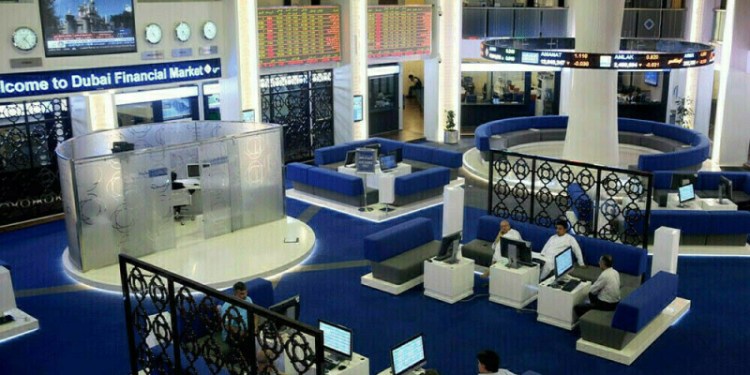 © Reuters. FILE PHOTO – France’s President Emmanuel Macron and European Commission President Jean-Claude Juncker arrive at the EU summit meeting in Brussels
© Reuters. FILE PHOTO – France’s President Emmanuel Macron and European Commission President Jean-Claude Juncker arrive at the EU summit meeting in BrusselsBy Jan Strupczewski
BRUSSELS (Reuters) – The European Commission will on Wednesday unveil a package of proposals on deeper economic integration of the 19 countries that share the euro, aimed at making the single currency area more resilient to potential future crises.
The Commission package is likely to address ideas floated by some euro zone leaders, like French President Emmanuel Macron, for creating a euro zone budget, a euro zone finance minister and a euro zone parliament to which he would answer.
Other ideas include transforming the euro zone bailout fund into a European Monetary Fund and setting up a sovereign insolvency mechanism that would help exert market pressure on governments to conduct prudent policy – an idea championed by Germany.
There are also plans to strengthen the European banking system by setting up a Europe-wide bank deposit insurance scheme and asking the bailout fund to provide financial backup for the bank-funded Single Resolution Fund for failing lenders.
The Commission proposals, to be announced on Dec. 6, will feed into the discussion of euro zone leaders about the direction of euro zone integration at a summit they will hold on the issue on Dec. 15.
While the exact content of the Commission package has been kept well under wraps so far, there have been enough public statements by officials from the Commission and national governments to point to likely areas of controversy.
France’s Macron would like the euro zone budget to be a large, separate pool of money financed from taxes, but the Commission would rather it be a dedicated part of the existing EU long-term budget financed from country contributions.
Germany does not believe the euro zone needs a budget at all while the head of the bailout fund Klaus Regling has proposed a “rainy day fund” that would lend, rather than transfer, money to countries in trouble.
The Commission also wants the future euro zone finance minister, who would be in charge of the euro zone budget and chair monthly euro zone finance ministers’ meetings, to be at the same time a senior Commission official.
This is unacceptable for euro zone finance ministers, who like the fact that the powerful Commission has only observer status during their meetings. Their chairman has so far been chosen among themselves.
Contrary to Macron’s proposals, the Commission believes there is no need to create a euro zone parliament within the exiting European Parliament, as all non-euro zone countries except Britain and Denmark have the obligation to eventually adopt the single currency.
The EU executive arm would also like to see the euro zone bailout fund ESM become a European Union institution, rather than an intergovernmental body, governed by a separate treaty signed only by euro zone governments.
This is anathema to finance ministers who want to stay in full control of the finances of the bailout fund, given that their national budgets guarantee the repayment of money borrowed by the fund on the markets to lend on to distressed sovereigns.
Euro zone ministers have said they are likely to support the use of the ESM as a backstop for the bank resolution fund, providing loans if needed.
But the deposit insurance scheme seems a distant possibility because a group of countries led by Germany wants national banking sectors, especially in Italy, to reduce the number of bad loans before sharing risks.
Source: Investing.com


























